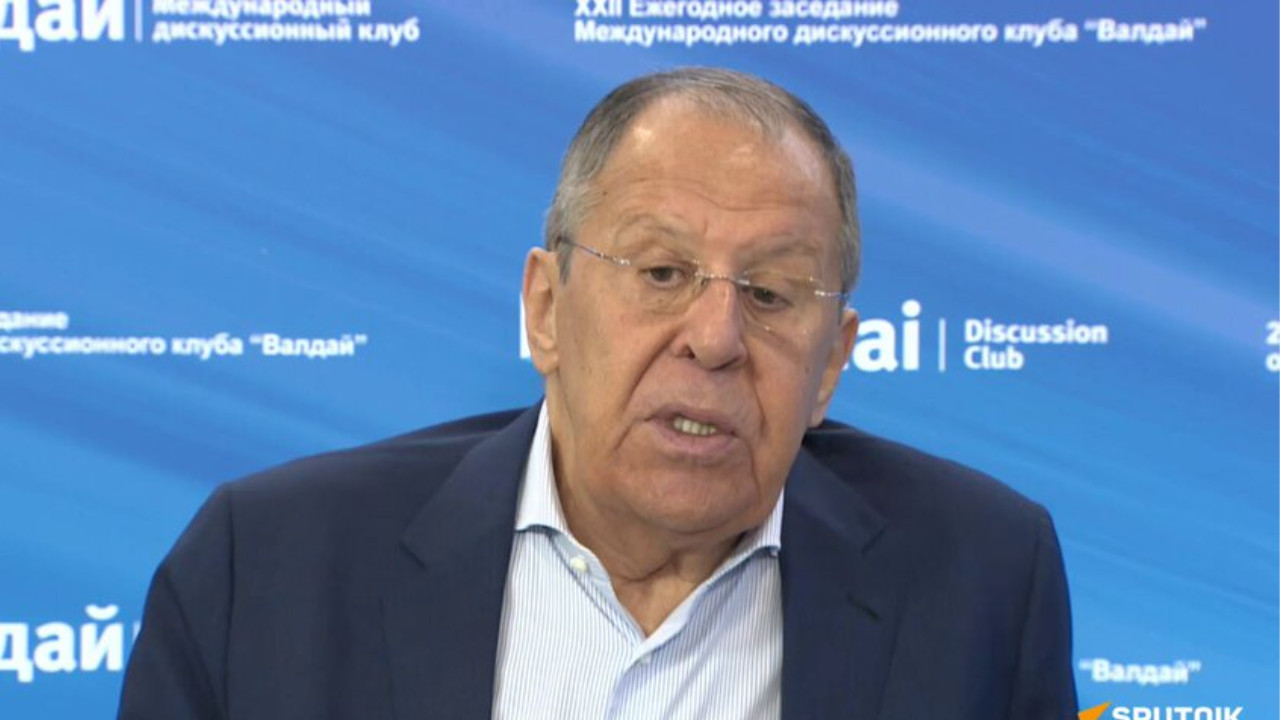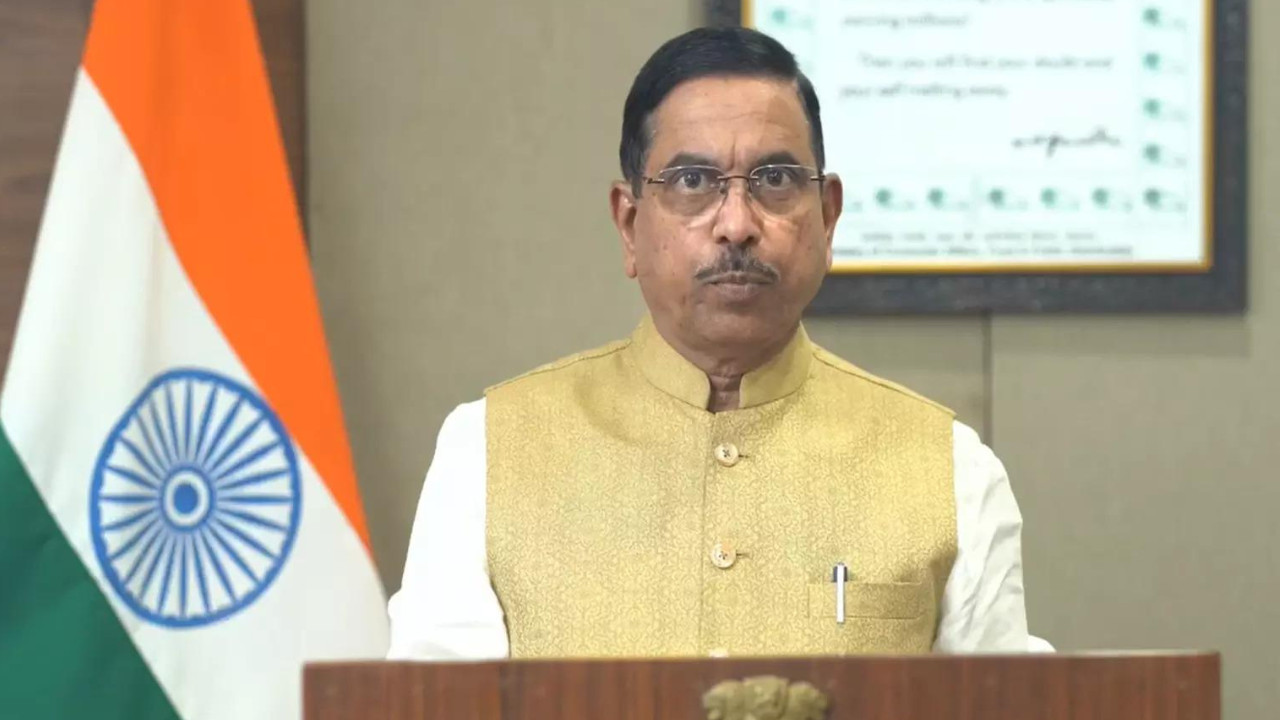Russian Foreign Minister Sergey Lavrov defended India’s continued purchase of Russian oil, accusing the US of using the Ukraine conflict to eliminate competition. He emphasized India’s independent foreign policy and national interests, stating that trade decisions with other nations are solely for India and Russia to discuss, reflecting national pride and honor.
India’s Oil Strategy: A Masterclass in Geopolitical Navigation
The world stage is a complex chessboard, and India’s recent moves in the energy sector have certainly caught the attention of players on all sides. While some have raised eyebrows, particularly in Washington, Moscow has stepped forward with a strong endorsement of India’s approach to securing its energy needs. It’s a fascinating dance of diplomacy and economics, and it highlights India’s growing assertiveness in international affairs.
Navigating the choppy waters of global politics is no easy feat, especially when it comes to energy. India, a nation with a burgeoning economy and a massive population, requires a reliable and affordable energy supply. The Russia-Ukraine conflict has thrown a wrench into global energy markets, sending prices soaring and creating significant instability. In this volatile environment, India has strategically ramped up its oil imports from Russia, a move that has drawn both praise and criticism.
Why the controversy? The US and its allies have imposed sanctions on Russia in response to the conflict, aiming to cripple its economy and limit its ability to finance the war. Buying Russian oil, some argue, provides Moscow with a crucial lifeline. However, India maintains that its priority is to secure its own energy security and that its actions are driven by national interest.

Russia, unsurprisingly, has voiced its support for India’s position. Russian officials have lauded India’s “responsible” approach and accused the US of attempting to interfere in India’s energy policy under the guise of the Ukraine war. This backing from Moscow underscores the strengthening ties between the two nations and highlights the shifting dynamics of global power.
The Pushback and India’s Firm Stance
The United States, while expressing concerns about India’s oil purchases from Russia, has also acknowledged India’s legitimate energy needs. There’s a delicate balance at play. Washington doesn’t want to alienate a key partner in the Indo-Pacific region, especially as it seeks to counter China’s growing influence.
India, for its part, has remained steadfast in its commitment to its own strategic autonomy. It has consistently asserted its right to make independent decisions based on its national interest, and this extends to its energy policy. External pressure, it seems, is unlikely to sway India from its chosen course. This approach to energy dependence and security might be something other nations will follow.
What Drives India’s Energy Decisions?
Several factors are driving India’s energy decisions. Firstly, cost is a major consideration. Russian oil has often been available at a discount compared to other sources, making it an attractive option for a price-sensitive market like India. Secondly, diversification is key. While India has increased its reliance on Russian oil, it also sources energy from a variety of other countries, including Saudi Arabia, Iraq, and the United States. This diversification helps to mitigate risks and ensures a more stable energy supply. You can read more about how India is approaching its renewable energy goals here.
The Bigger Picture: A Multipolar World
India’s energy strategy is a reflection of a larger trend: the emergence of a multipolar world. In this new world order, no single power dominates, and countries are increasingly pursuing their own interests and forging partnerships based on mutual benefit. India’s relationship with Russia, particularly in the energy sector, is a prime example of this trend.
India’s Oil Procurement: A Strategic Win?
Whether India’s strategy will ultimately prove successful remains to be seen, but one thing is clear: India is playing the geopolitical game with skill and determination. By prioritizing its own energy security and asserting its strategic autonomy, India is carving out a larger role for itself on the global stage. The nation’s oil procurement and energy policy continues to be carefully watched by other nations and organizations.







